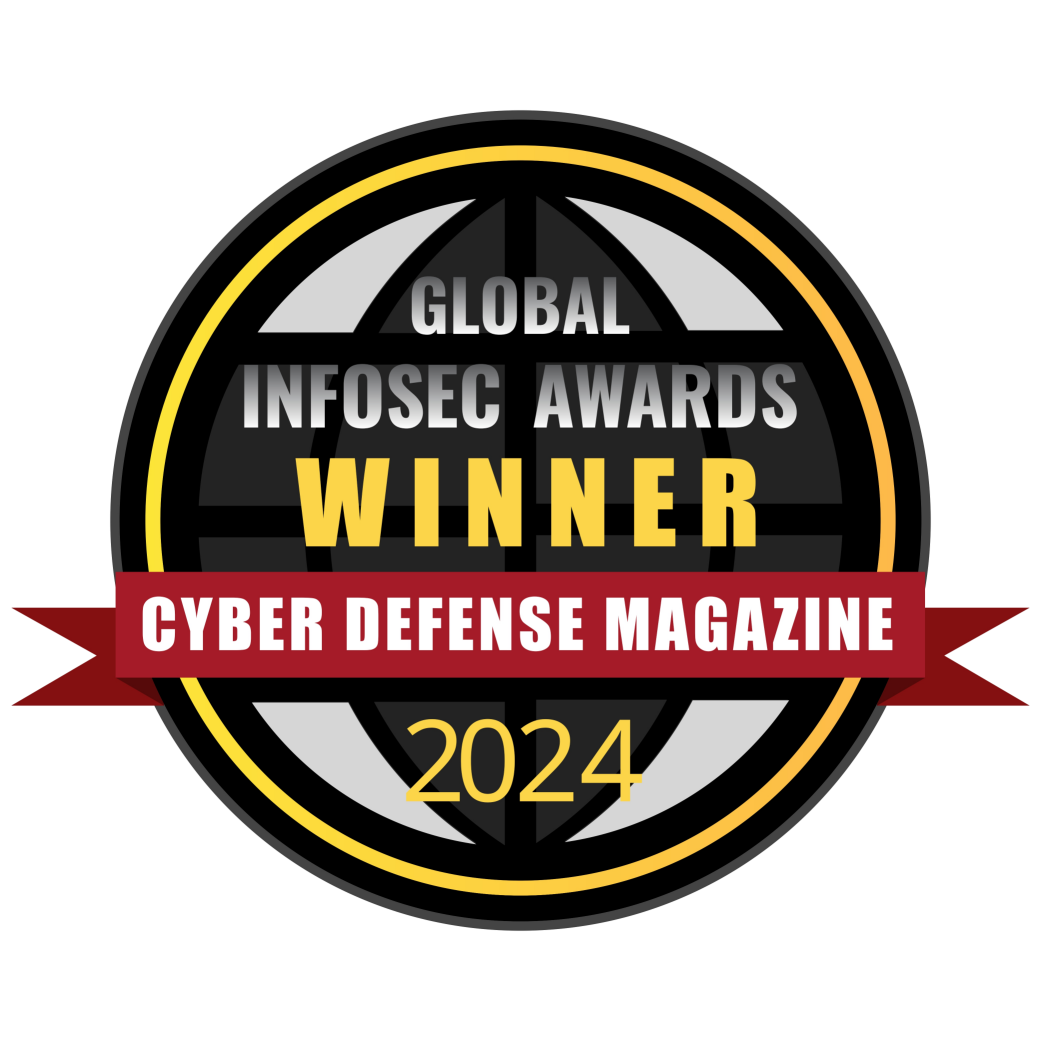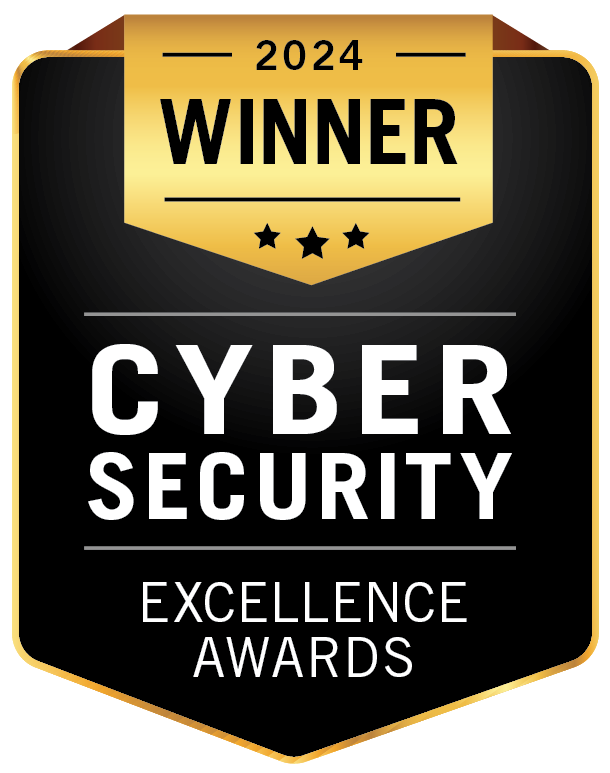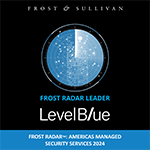Newsroom.
Cybersecurity insights.

Who we are
LevelBlue. Cybersecurity. Simplified.
We simplify cybersecurity through award-winning managed security services, experienced strategic consulting, threat intelligence and renowned research. Our team is a seamless extension of yours, providing transparency and visibility into security posture and continuously working to strengthen it.
We harness security data from numerous sources and enrich it with artificial intelligence to deliver real-time threat intelligence. This enables more accurate and precise decision making. With a large, always-on global presence, LevelBlue sets the standard for cybersecurity today and tomorrow. We easily and effectively manage risk, so you can focus on your business.




